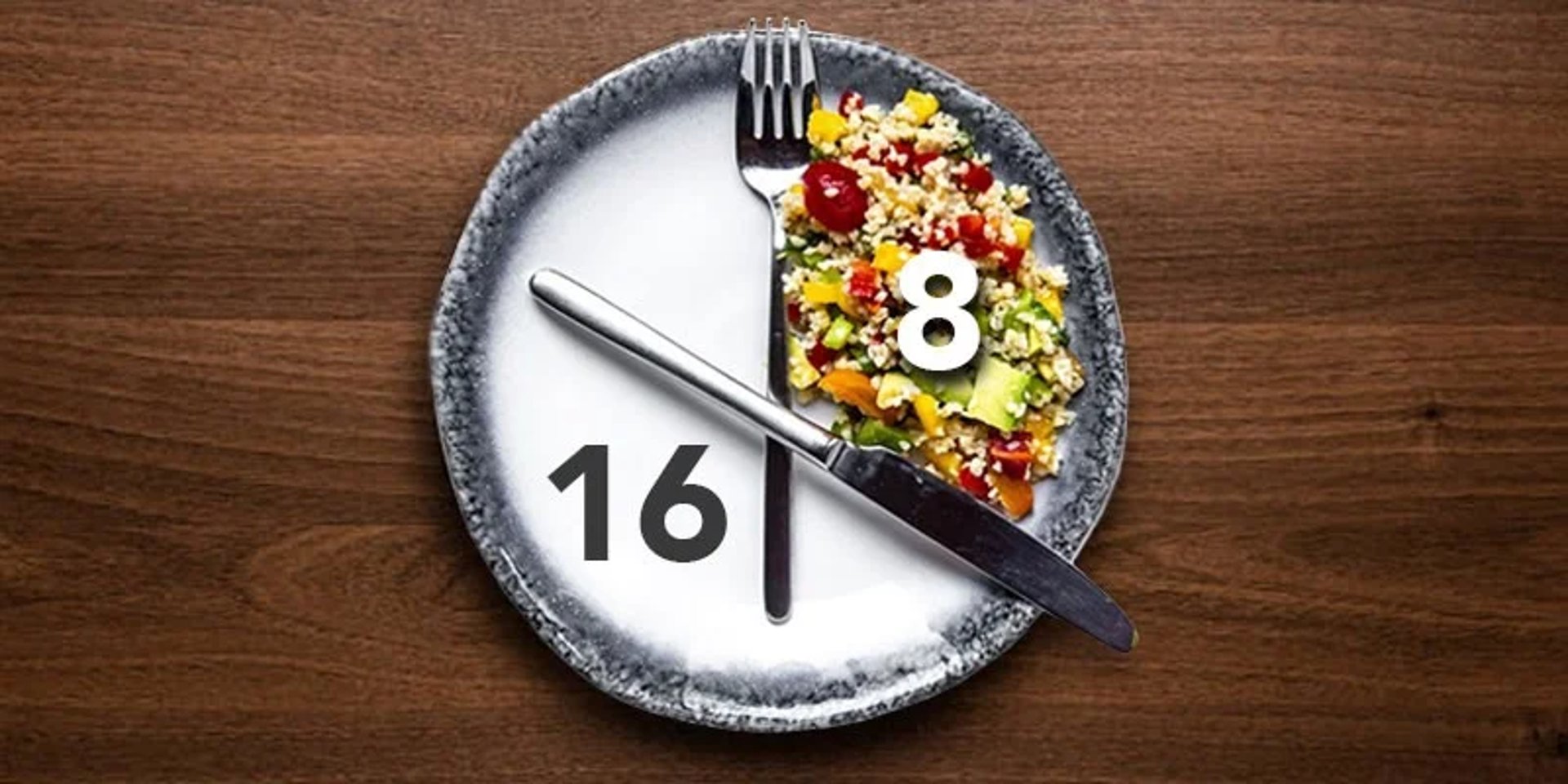
Intermittent Fasting: Fad or Foundation? Here’s What You Should Know
Intermittent fasting is a flexible eating pattern that focuses on when you eat rather than what, offering benefits like improved metabolism, mental clarity, and cellular repair. It’s a natural extension of the fasting we already do while we sleep and, when paired with nourishing foods and mindful habits, can be a supportive tool for overall wellness.
HEALTH
4/13/20253 min read


Intermittent Fasting: Fad or Foundation? Here’s What You Should Know
If you’ve spent any time scrolling wellness TikTok or reading health blogs lately, chances are you’ve come across intermittent fasting (IF). Some people swear by it for weight loss, others for mental clarity, and some just love the structure it brings to their day. But is intermittent fasting just another trendy health hack—or is there something more foundational going on here?
Let’s break it down in a way that makes sense—and see if it’s something that might actually work for you.
Wait—You’re Probably Already Doing It
Here’s a comforting truth: intermittent fasting isn’t as foreign as it might sound. If you’ve ever eaten dinner around 7 p.m. and had breakfast at 7 a.m., congratulations—you just fasted for 12 hours without even thinking about it.
That overnight pause gives your body a break from digestion and a chance to shift into repair mode. IF simply extends that natural fasting window a bit more intentionally.
So, What Is Intermittent Fasting?
In the simplest terms, intermittent fasting is an eating pattern, not a diet. That means it’s more about when you eat than what you eat.
The most popular version? The 16:8 method—fast for 16 hours, eat within an 8-hour window. Other approaches include:
5:2 (eat normally 5 days, limit calories on 2)
OMAD (One Meal A Day)
Alternate-day fasting
It’s flexible, which is one of the reasons it’s caught on. You're not counting calories or cutting out entire food groups—just eating within certain windows.
Why Are People So Into It?
Here are some of the benefits that have been linked to IF:
Weight loss & fat burning: When you fast, your body switches from burning sugar to burning fat.
Improved insulin sensitivity: Helps regulate blood sugar levels.
Mental clarity: Some people report sharper focus and fewer energy crashes.
Cellular repair & longevity: Fasting may trigger autophagy, which is basically your body cleaning out damaged cells.
That said, everyone’s body is different. Some people thrive on it. Others feel dizzy, tired, or moody. (More on that in a sec.)
What Should You Eat During the Eating Window?
Fasting might be about when you eat, but what you eat still matters. To really feel the benefits of IF, it’s important to nourish your body with foods that give you stable energy and support recovery.
What IF Isn’t
It’s not about starving yourself.
It’s not a free pass to binge on junk food during eating windows.
And it’s definitely not a magic bullet.
Think of it as a tool, not a cure-all. It works best when paired with mindful eating, hydration, movement, and adequate rest.
So... Is It for You?
Ask yourself:
Do you feel good skipping breakfast?
Does going without food for several hours make you anxious or tired?
Do you have a history of disordered eating? (If so, this probably isn’t the best route—be gentle with yourself.)
Also: If you're pregnant, diabetic, or managing any medical conditions, it’s a good idea to talk to a doctor before trying IF.
Tips if You’re Curious to Try It:
1. Start slow – Try 12:12 before jumping into 16:8.
2. Hydrate, hydrate, hydrate – Water, herbal teas, black coffee are all fasting-friendly.
3. Break your fast mindfully – Avoid big spikes in sugar or heavy meals right away.
4. Listen to your body – If you’re lightheaded or irritable, it might not be the right time.
5. Stay nutrient-dense – When you do eat, make it count.
Final Thoughts
Intermittent fasting can be an incredible tool for some people—but like any wellness practice, it’s all about tuning in. If it brings you energy, balance, and simplicity, great. If not? There are plenty of other ways to support your health.
No guilt. No one-size-fits-all. Just you, learning what works best for your body.


Here are some solid go-to options:
Whole foods: Think fresh fruits, vegetables, whole grains, legumes, and clean proteins.
Healthy fats: Avocados, olive oil, nuts, seeds—these keep you full and stabilize energy.
High-fiber foods: Help digestion and keep blood sugar balanced.
Hydrating foods: Water-rich fruits and veggies help combat dehydration from longer fasting periods.
Protein-rich meals: Essential for muscle repair and satiety. Think eggs, tofu, fish, lentils, or lean meats.
Try to avoid breaking your fast with ultra-processed, sugary, or greasy foods—it can spike your blood sugar and make you feel sluggish.


